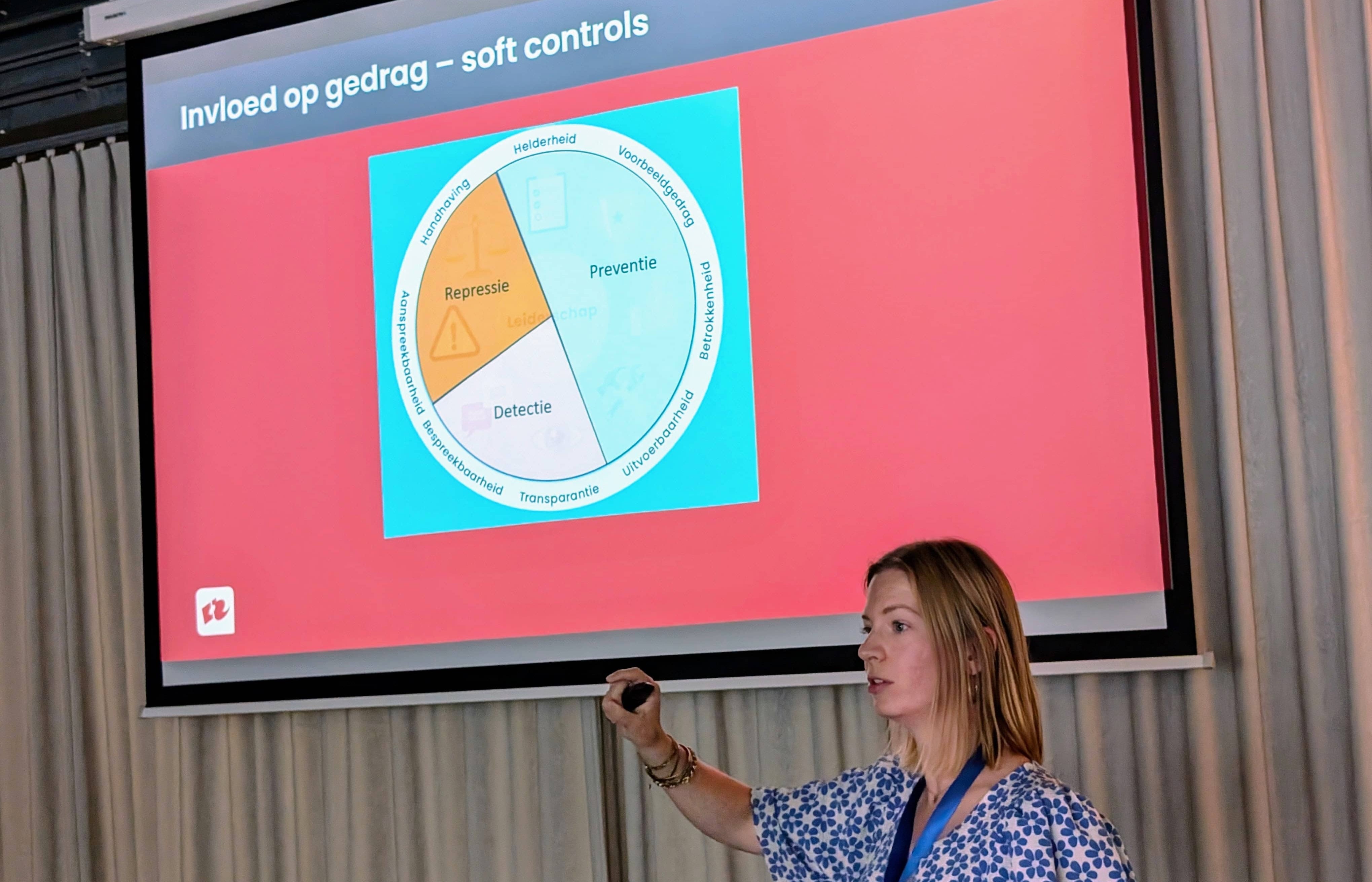
Exploring legal tech trends: Q&A with Tjitte Joosten
Tjitte Joosten, former Growth & Go-to-Market strategy leader at Docfield, forecasts that adopting (emerging) technology solutions will significantly change the corporate legal department.
He highlights three critical areas of innovation for legal teams in the next few years— AI/ML-assisted legal content generation, improved cross-departmental collaboration and workflow automation, and productivity-enhancing software.
Tjitte predicts that legal professionals will:
- Utilize AI/ML solutions to digitize and legal structure notes while gaining probabilistic insights about the content (e.g., legal arguments),
- Input those notes in ChatGPT-like solutions to instantly create draft versions of contracts, and
- Leverage Contract Lifecycle Management solutions to improve collaboration with other departments (e.g., sales) and automate workflows across processes like:
- M&A
- Sales contracts
- Purchase contracts
- Legal disputes
- Advising the board
Firstly, M&A, sales contracts, purchase contracts, lawsuits, and board advisory roles will see more automation in the document and contract workflows and improved collaboration with different departments.
Next, Contract Lifecycle Management (CLM) is another area of interest. The adoption of electronic signatures has already accelerated in recent years, and I expect advanced CLM software to be used by almost every corporate Legal Counsel in the next 3-5 years.
Thirdly, ChatGPT and other Large Language Models will also play a significant role in the legal space. With the abundance of paperwork and court case data spanning over 200 years in some cases, AI will help draft contract concepts.
Lastly, the compounding effect of productivity-enhancing tools can have an incredible impact. For example, the number of legal notepads a legal professional has to go through in a year can be overwhelming. Various innovative solutions can digitize, structure, and summarize notes to enhance productivity by 5, 10, or 15%. Multiple these improvements across several tools can significantly increase a professional’s output.
We asked Tjitte about the legal technology trends that Gartner identified as changing in-house legal departments.
Q2. Gartner trends point towards legal departments transitioning from generalist lawyers to nonlawyer staff and building their legal technology and innovation capabilities by considering new roles and talent pools. What’s your comment?
I find it surprising that the report indicates the market is reducing the number of generalist lawyers in companies and looking to replace them with nonlawyer staff. Tomorrow’s organizational models increasingly rely on generalist staff members, utilizing talent pool platforms like Experfy or Toptal for specialists. Complement this strategy with platforms that offer solutions that previously required large in-house departments (e.g., AWS replacing internal data storage), and you have incredibly scalable business models.
I’d recommend legal departments retain their generalist staff as these professionals are more inclined to understand the overall business. Hold them accountable to flag any risk they come across and then leverage external talent pools or platforms to mitigate these risks.
In addition, all these professionals should be equipped with productivity-enhancing software and tools to manage processes at scale, such as Contract Lifecycle Management or previously mentioned technologies. Legal departments should hire generalists and leverage highly specific and niche freelance platforms to build scalable and cost-effective offices.
Q3. What are some specific examples of legal work related to major corporate transactions that can be effectively automated using natural language processing and machine learning technologies?
Machine learning is highly effective on large data sets from open sources. Luckily, we have access to vast amounts of digital and analog legal records, sometimes dating back hundreds of years. These documents often contain the outcomes of lawsuits with their arguments and specific wording used.
Utilizing NLP and Machine Learning to train on these datasets could help corporate legal departments to:
- Create decision trees for picking arguments and their (potential) outcome.
- Find the most effective wording for each argument.
- Gain insights into the behaviors and actions that often lead to court cases (risk mitigation).
But I must admit that this is somewhat outside-in thinking. It’s better to look at the biggest bottlenecks in your organization and map the opportunities where tech could help solve your challenges.
Q4. What best practices can corporate legal departments adopt to maximise the benefits of their CLM investments?
I recommend two best practices to ensure the successful adoption of a Contract Lifecycle Management (CLM) solution.
Firstly, choose a tool that enhances your current processes instead of dictating radically new ones. While new technology may open up opportunities for process optimization, it’s essential to avoid altogether overhauling your existing processes just because a tool appears promising. This approach can lead to a failed implementation project due to a steep learning curve, implementation time, and behavioral change. Therefore, always select a tool that facilitates your existing processes without the need for radical change.
Secondly, choose a CLM solution that can address the problem or bottleneck at its core. I recommend avoiding form-based CLM solutions in most cases, for example. When your legal department wants to increase control over the process, these might seem tempting, but they can damage the long-term collaboration between legal and sales. That’s because it reduces the sales profession to just a few parameters.
“Form-based CLM solutions can damage the long-term collaboration between legal and sales.”
Tjitte Joosten
Instead, select solutions that balance legal requirements and sales needs and preferences to eliminate legal risk without undermining the sales process.
To avoid revenue leakage and save time, ask our experts how Docfield can help your contract processes and discover more about Docfield Contract Management and automation software.


.jpg)
